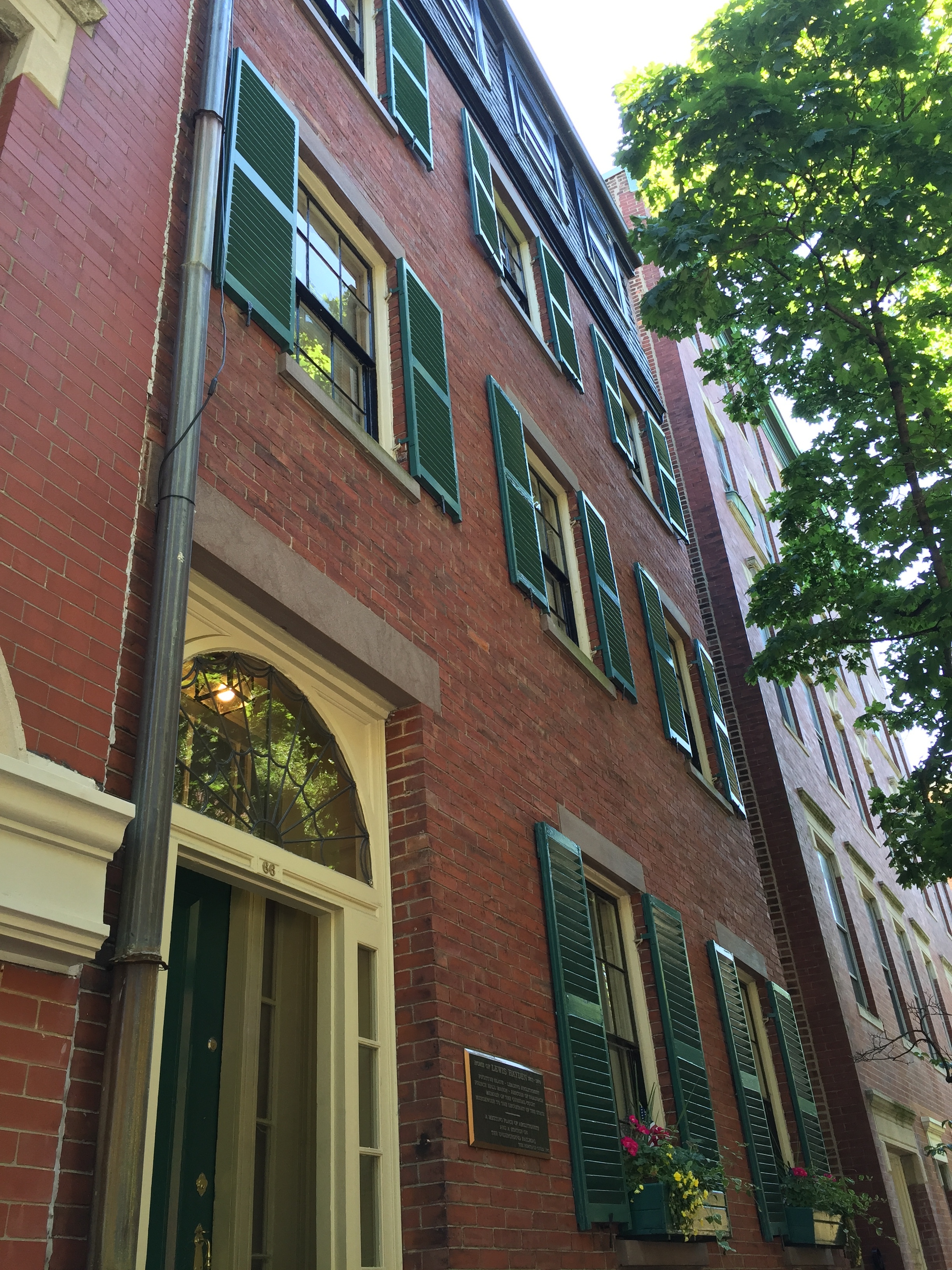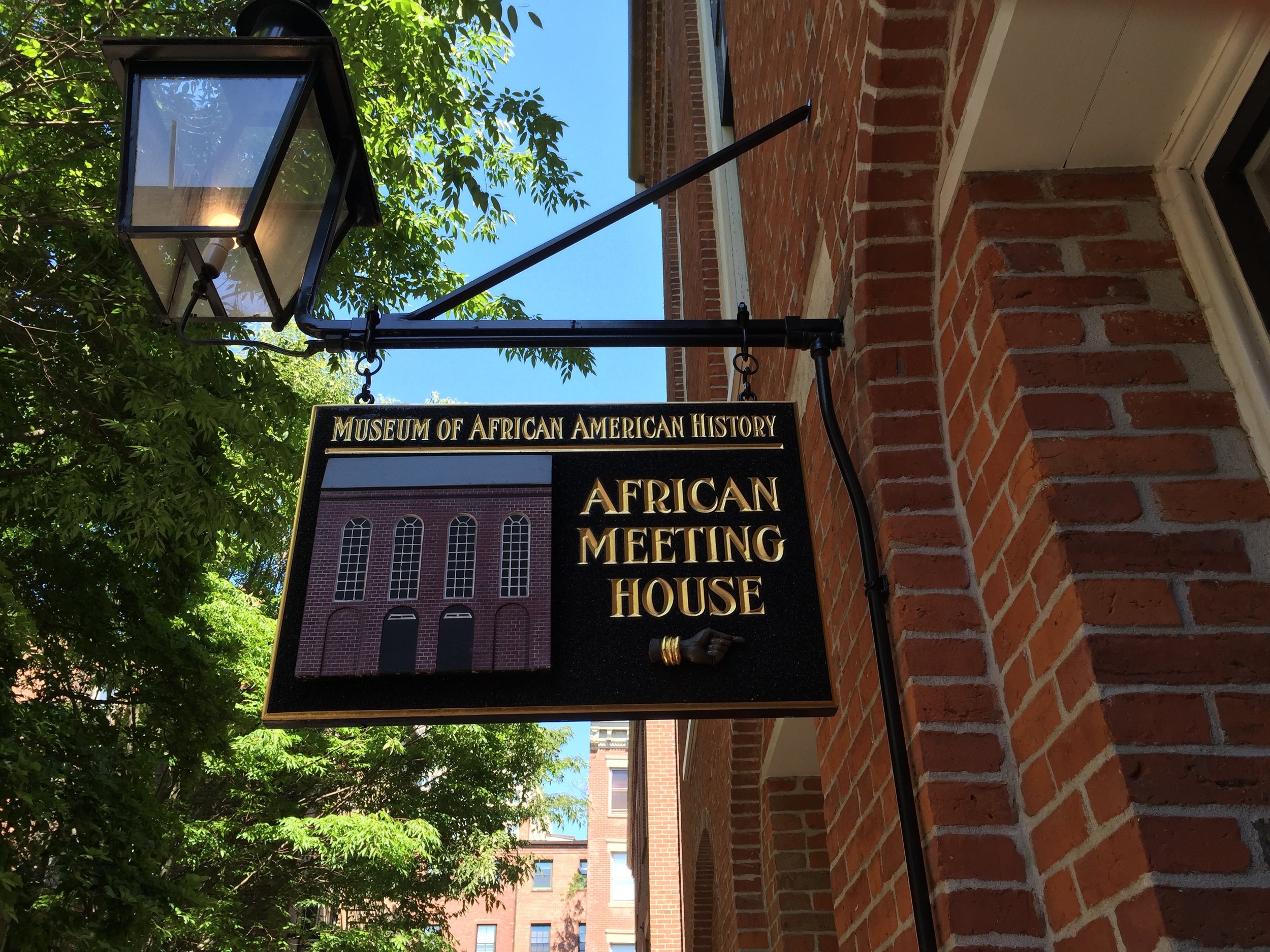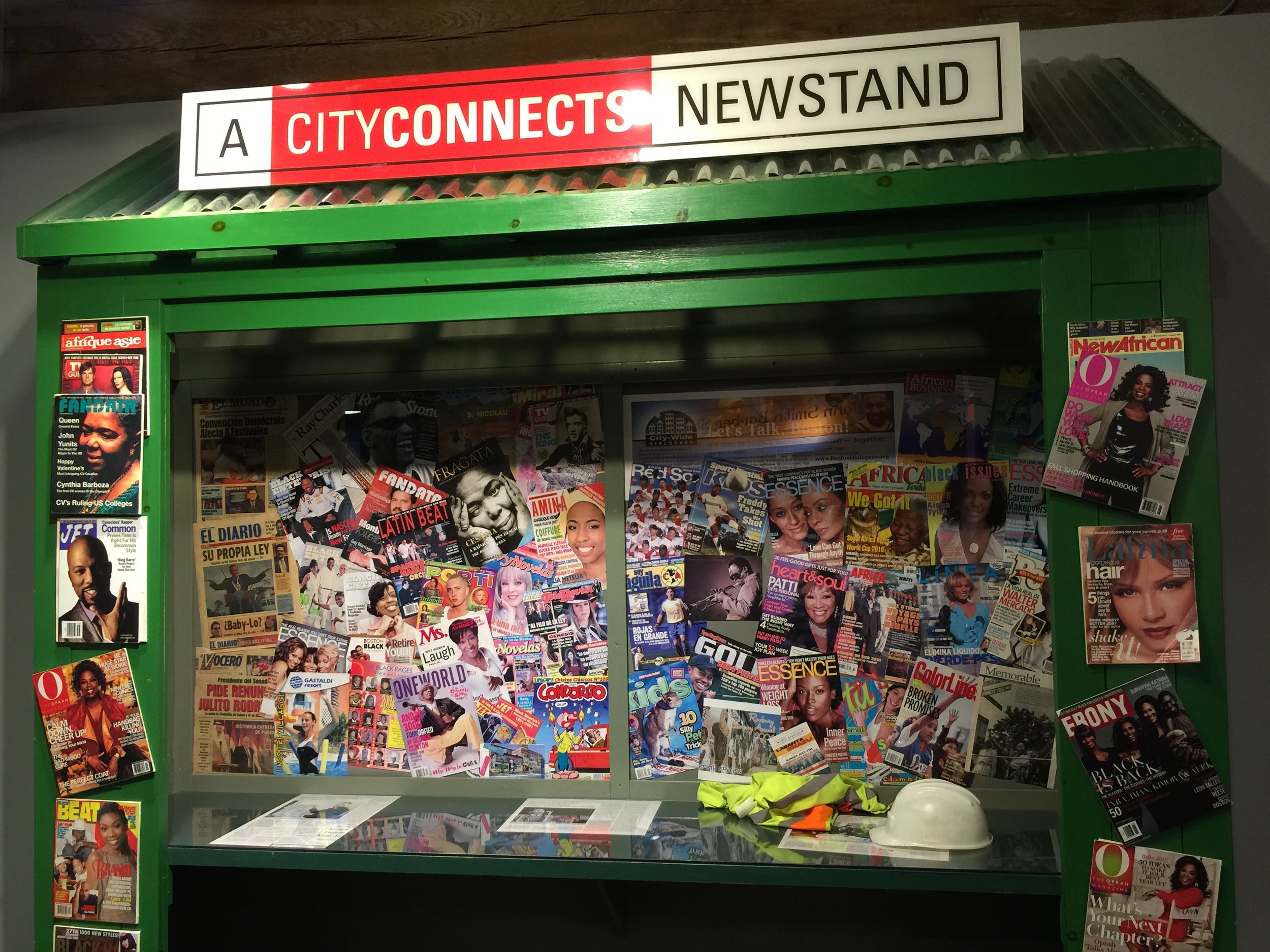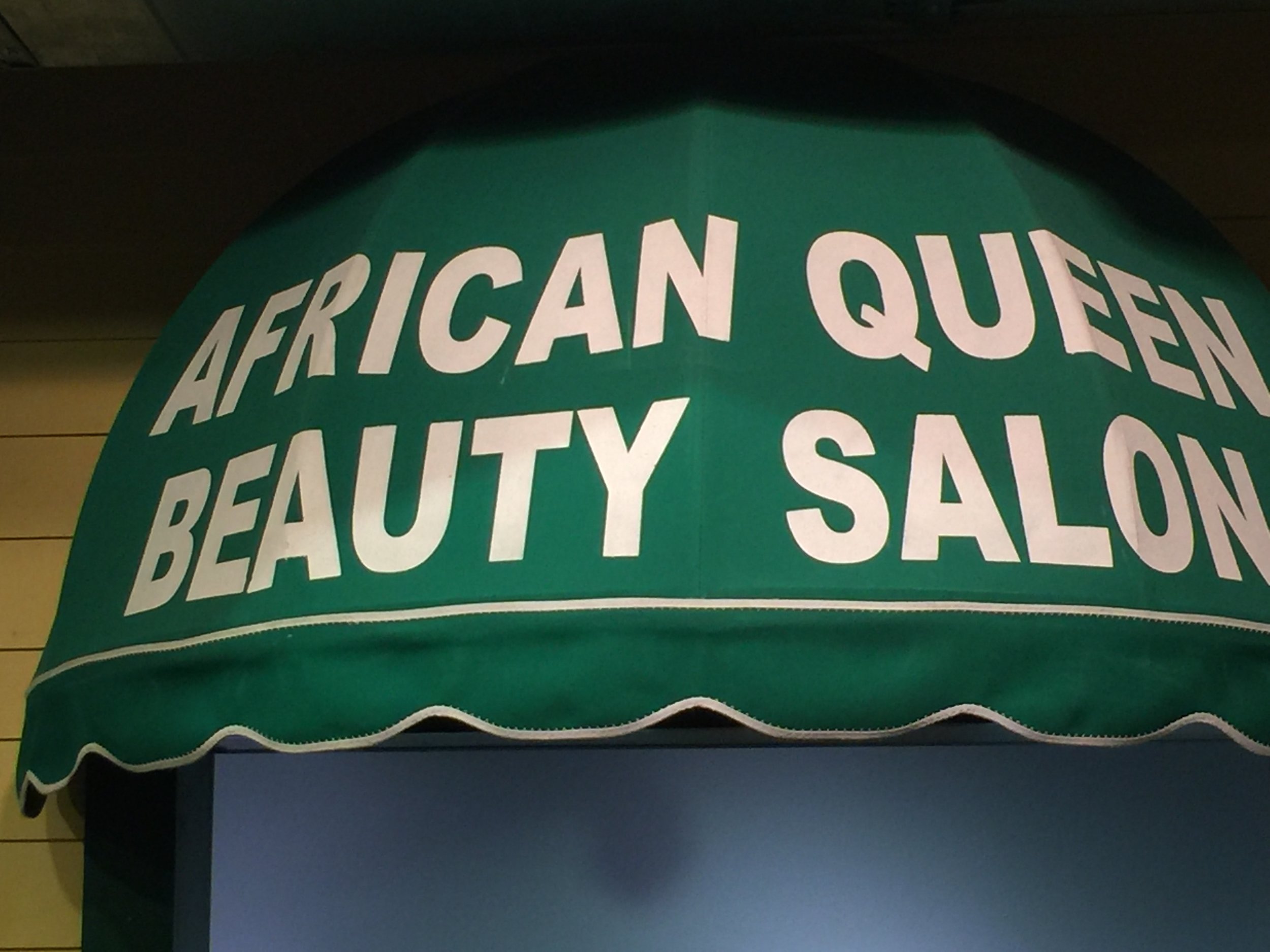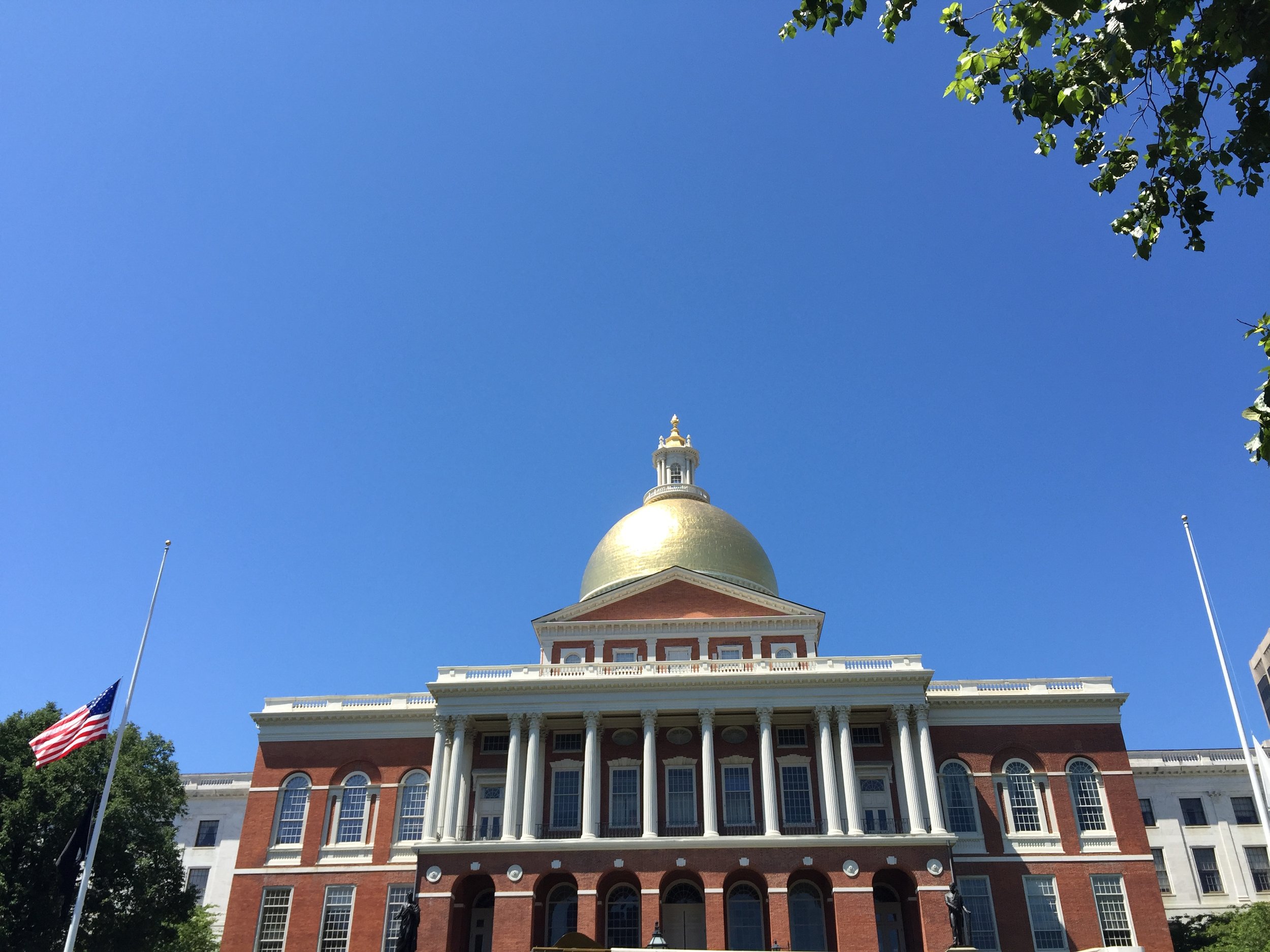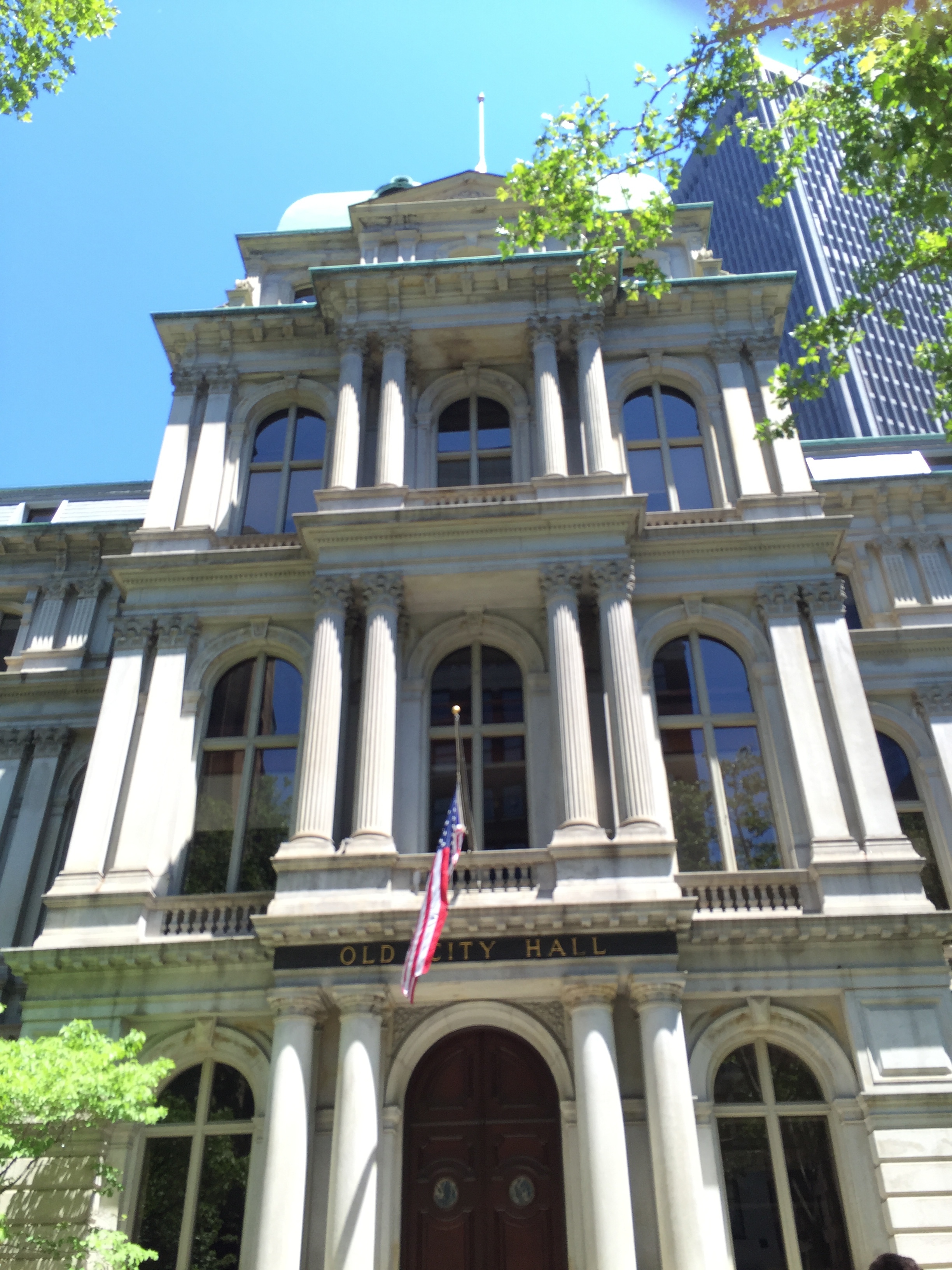1. African American National Historic Site – Black Heritage Trail
Massachusetts was the first state in the union to declare slavery illegal in 1783 – partially due to participation of blacks in the Civil War. As a result, freed and escaped slaves settled in the north slope of Beacon Hill – along with Eastern and Southern Europeans. As a result, Beacon Hill is laden with historically and culturally significant pre-Civil War structures and sites. After the Civil War, blacks migrated to other areas of Boston outside of Beacon Hill.
During the Spring and Summer months, rangers from the National Park Service provide FREE walking tours of the various pre-Civil War structures and sites. While the Black Heritage Trail is hilly and not always conducive to strollers, small children or wheelchairs, it is definitely well worth the “inconvenience.” The Black Heritage Trail includes visits to the African Meeting House – built in 1806 is the oldest black church edifice in the United States; the site of Lewis and Harriet Hayden’s House – black abolitionist who escaped slavery in Kentucky and maintained the home as a stop in the Underground Railroad; other suspected parts of the Underground Railroad; and much more.
2. Boston Children’s Museum
The typical non-member admission fee is $16 for adults and children one and older. However, due to Target Fridays from 5 PM – 9 PM the admission fees are slashed from $16 per adult to $1 per adult. During our trip to Boston, we were able to take advantage of the discounted entrance fee.
The Museums exhibits focus on cultural awareness, STEM, arts and health and fitness. Highlights include an actual Japanese House and and exhibit entitled Native Voices focusing on the Native American experience. Each Exhibit is thoughtful and impactful. However, the Boston Black Exhibit plays on unhealthy stereotypes. Per the museum, "Boston Black is a dialogue about race, ethnicity, identity, and community." However, it is disturbing that the Black experience and community is relegated to beauty shops, barber shops, a Dominican marketplace, Caribbean drums and a newsstand highlighting pictures of entertainers and athletes.
Tip: If you are a member of certain participating museums or science centers in your home city (includes both domestic and international cities), your membership may benefit from ASTC (Travel Passport Program) which provides FREE museum or science center admission at over 300 museums or science centers worldwide. Visit http://www.astc.org/passport/ for more information.
3. Freedom Trail
The Freedom Trail is a MUST-DO while in Boston. The Freedom Trail is a 2.5 mile 90-minute walking tour of historically noteworthy sites in Boston, which is led by historically significant 18th century costumed guides. The costumed guides, referred to as the Freedom Players, provide lively entertainment – never breaking character. There are a range of Freedom Players.
The Freedom Players pack a LOT of information into the Tour, so prepare for information overload. The tour was so fast paced and contained so much information, that our son could not contain himself and took an 85-minute nap.
Tip: The Freedom Trail is wildly popular. Arrange your schedule to take the day’s first Freedom Trail Tour – smaller crowds and less foot traffic.
Tip: Some tour sites are not stroller/wheelchair friendly.
Tip: Groupon and LivingSocial often have Freedom Trail discounts.
4. Harvard University & Harvard Square
Harvard University established in 1636 is the oldest institution of higher learning in the United States. Harvard offers a FREE one-hour Guided Historical Tours; however, availability may be an issue as the tour is capped at 35 attendees. Alternatively, download the Tour Harvard College Self-Guided Tour, which features an interactive pathway and a campus map.
Harvard Square is the business district outside of Harvard’s gates features restaurants and shops.
5. Boston Public Garden
Boston Public Garden is a large park located in the heart of Boston, which includes ponds and historically significant statues.

